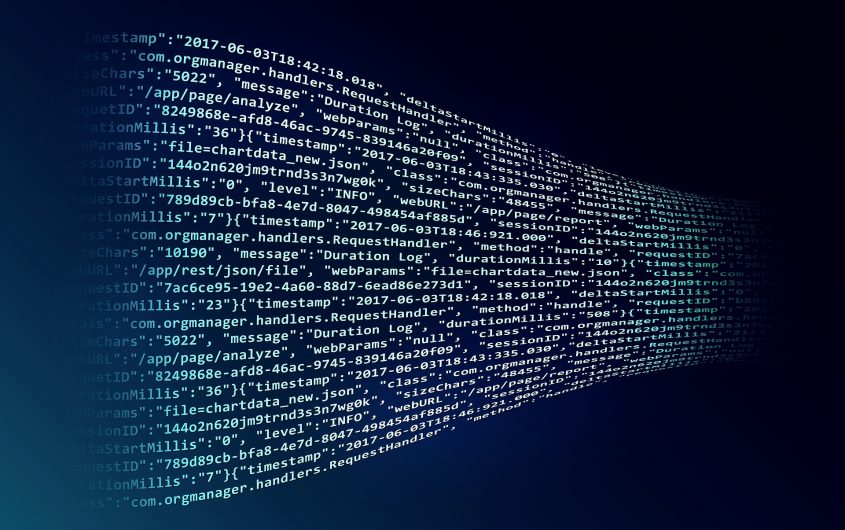
Pixabay
Industry and Government Leaders Call for New Election Standards to Protect Democracy

Sarah Lohmann
Dr. Sarah Lohmann is Non-Resident Fellow with the American-German Institute. Dr. Lohmann is an Acting Assistant Professor in the Henry M. Jackson School for International Studies and a Visiting Professor at the U.S. Army War College. Her current teaching and research focus is on cyber and energy security and NATO policy, and she is currently a co-lead for a NATO project on “Energy Security in an Era of Hybrid Warfare”. She joins the Jackson School from UW’s Communications Leadership faculty, where she teaches on emerging technology, big data and disinformation. Previously, she served as the Senior Cyber Fellow with the American Institute for Contemporary German Studies at Johns Hopkins University, where she managed projects which aimed to increase agreement between Germany and the United States on improving cybersecurity and creating cybernorms.
Starting in 2010, Dr. Lohmann served as a university instructor at the Universität der Bundeswehr in Munich, where she taught cybersecurity policy, international human rights, and political science. She achieved her doctorate in political science there in 2013, when she became a senior researcher working for the political science department.
Prior to her tenure at the Universität der Bundeswehr, Dr. Lohmann was a press spokeswoman for the U.S. Department of State for human rights as well as for the Bureau of Near Eastern Affairs (MEPI). Before her government service, she was a journalist and Fulbright scholar. She has been published in multiple books, including a handbook on digital transformation, Redesigning Organizations: Concepts for the Connected Society (Springer, 2020), and has written over a thousand articles in international press outlets.
Meeting for a third German-American Cybersecurity Roundtable in Brussels on November 16, industry leaders joined government officials in calling for a more coordinated effort to secure election infrastructure and to coordinate communication between countries on information operations. Analyzing the lessons learned from cybersecurity challenges to state elections in both Germany and the U.S. midterms, the core group of thirty policymakers discussed next steps in preparing systems and the public ahead of future elections in both countries, as well as the upcoming EU parliamentary election in May.
While the conversation around identification of next steps for protection of infrastructure in both countries remained completely off the record, participants could talk more openly about multiple challenges coming from digital propaganda and information operations from foreign actors continuing in future elections. On the industry side, some roundtable members called for major social media networks to be more closely regulated to ensure that disinformation and fake accounts do not interfere with elections.
Participants agreed that information sharing on disinformation operations across industry and among national agencies in allied countries was needed. There were differences of opinion, however, on whether a “disinformation CCERT”—that is, a type of cross-border computer emergency response team which would share information about fake accounts and sources and patterns of digital propaganda—would function or be effective.
While current cross-agency CERTs share technical information about cybersecurity attacks against election infrastructure, and these can be shared without compromising the private information of innocent third parties, information operation campaigns are more complex. Fake accounts operated with the support of foreign intelligence or government actors can influence another country’s citizens to new patterns of behavior. However, proof of the impact of such information campaigns is difficult without also revealing the targets, who are non-foreign consumers of the propaganda. The damage of IO campaigns is also not as quickly able to be measured as with network or server intrusions and attacks.
An additional challenge for Germany, the United States, and Brussels, is the number of first time voters who are heavy consumers of social media and Fake News. For young voters, receiving objective information about candidates is increasingly important.
Roundtable participants agreed that solutions to election security challenges include: enhancing transparency about true versus fake news, safeguarding a transparent and strong free press, community self-policing, and coordinating the information flow on information operations so that the right information reaches the right people. Industry and government leaders agreed that accountability and transparency on ad practices on social media during elections remains paramount. Going forward, government and industry leaders called for close cooperation to continue between the two sectors on creating standards and operational rules to protect democracy in the cybersphere.








